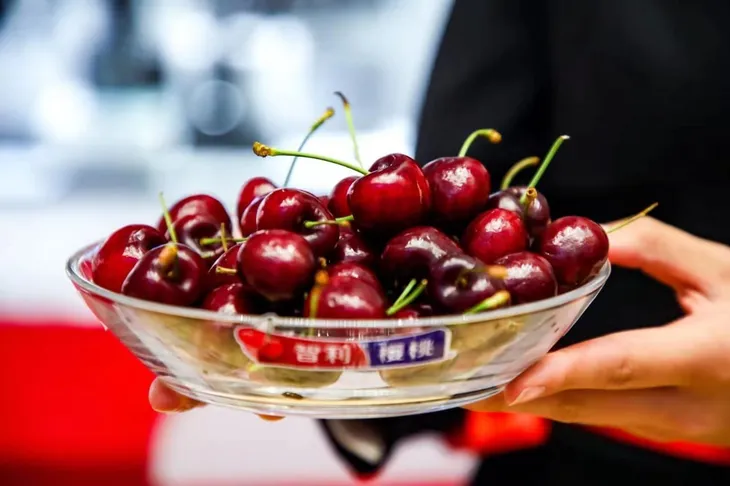A mix of environmental conditions and inadequate agronomic practices is fueling a resurgence of the “arañita bimaculada” in cherry orchards and other fruit plantations in the O’Higgins region. Growers are sounding the alarm.
In Chile, the presence of Tetranychus urticae, known as the "arañita bimaculada", is becoming a recurring and complex problem to manage, especially in apple and cherry orchards in the central-southern area. This is reported by the Centro de Investigación y Desarrollo Agrícola (CER), which this season recorded an abnormally high infestation level in several fields of the O’Higgins region.
According to Dr. Carolina Ballesteros, entomologist at CER, “this year we observed high pressure from these phytophagous mites in some orchards, with plants literally covered in webs, clear signs of leaf burn, and cases of early defoliation, especially in cherry trees.” A problem that risks compromising the quality and yield of the crops, precisely in a crucial area for Chilean fruit and vegetable exports.
Environment and agronomic management
The spread of Tetranychus urticae is linked to specific environmental factors. “We found that orchards surrounded by dirt roads, with high levels of dust due to traffic or soil drought, show higher infestation levels,” explains Ballesteros. The dust settles on the leaves, creating a protected microenvironment where the mite can proliferate undisturbed.
Weed management also plays a critical role: “The presence of weeds shortly before harvest provides a favorable habitat for mite reproduction, which then easily migrates onto the fruit trees,” the researcher adds.
Control strategies
The fight against Tetranychus urticae is based on an integrated approach. Among the solutions adopted: the use of natural predators such as phytoseiid mites, treatments with selective acaricides approved by the SAG (Servicio Agrícola y Ganadero), and targeted cultivation practices such as moisture management and controlled use of sulfur.
However, according to Ballesteros, the key remains early and targeted monitoring: “It is essential to avoid calendar treatments if there is no confirmation of the pest’s presence. Otherwise, there is a risk of developing resistance to acaricides and harming natural enemy populations, with counterproductive consequences both agronomically and economically.”
Phytophagous mites under observation
The issue does not only concern Tetranychus urticae. Other phytophagous mites such as Brevipalpus chilensis and Bryobia rubrioculus are also causing problems, particularly due to export rejections in demanding markets such as the United States or Asia.
For this reason, scientific and technical authorities recommend greater precision in applications, the use of selective products, and constant attention to equipment calibration, to avoid jeopardizing exports and keep production costs under control.
Looking ahead
The current season represents a wake-up call: it is necessary to strengthen sustainable agronomic strategies to ensure the health of crops and the competitiveness of Chilean fruits – including cherries – in international markets. In a global context increasingly focused on quality and food safety, a scientific and integrated approach becomes essential.
Source: mundoagro.cl
Cherry Times - All rights reserved










